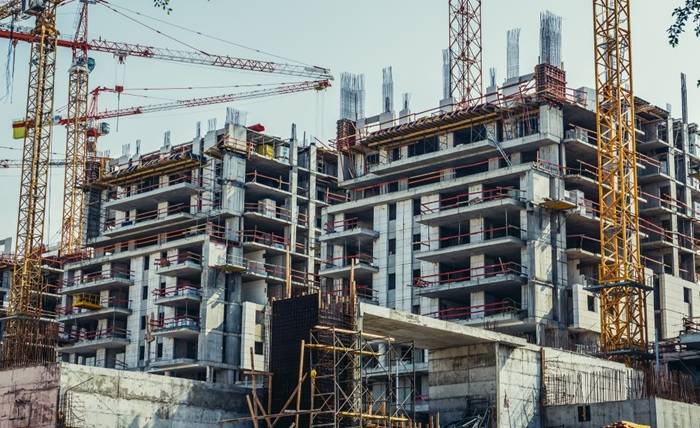When you’re planning to build a new property, it’s important to understand that not all construction projects are created equal. From residential homes to towering office spaces and large-scale industrial facilities, each type of property comes with its own set of requirements, challenges, and ideal contractors. Choosing the right builder for the specific kind of property you’re constructing can help ensure everything goes smoothly—from design to completion. In this post, we’ll explore several major types of property construction and break down the kind of contractor best suited for each project.
Residential Construction
Residential construction covers everything from single-family homes to apartment complexes. These projects tend to focus on comfort, style, and livability. The construction process usually involves architects, residential builders, interior designers, and subcontractors who handle everything from plumbing to landscaping. Homeowners and developers typically prioritize energy efficiency, smart layouts, and the use of durable materials that hold up over time.
Because of the personal nature of residential projects, the contractor you choose needs to have good communication skills and a solid understanding of zoning regulations and neighborhood requirements. It’s also helpful if the contractor has a portfolio that includes work similar to what you have in mind. While smaller homes might require a general contractor, larger residential developments often need firms that specialize in multi-unit projects. Either way, the right contractor should offer clear estimates, timelines, and a solid team to get the job done.
Commercial Construction
Commercial construction includes a broad range of properties such as retail shops, restaurants, schools, medical centers, and office spaces. Each of these property types comes with its own set of building codes and functional needs. For instance, medical facilities must meet health and safety standards, while office buildings are designed to promote efficiency and accommodate tech infrastructure. A modern office may include collaborative spaces, smart lighting systems, and sustainable materials—all of which require specific expertise during construction.
That’s why choosing the right contractor for commercial projects is essential. These builders must be experienced in managing timelines, coordinating multiple trades, and delivering results that meet both design expectations and compliance regulations. Contractors familiar with commercial and office building projects, like Slaten, understand the nuances of constructing flexible, tenant-ready spaces that are both functional and appealing. Whether it’s a sleek co-working hub or a corporate headquarters, a capable contractor will ensure the build supports current business needs and allows for future adaptability.
Industrial Construction
Industrial properties are among the most complex types of construction. These include manufacturing plants, logistics warehouses, and distribution centers. Unlike other projects, industrial construction often involves specialized equipment, heavy-duty materials, and strict compliance with environmental and safety regulations. Depending on the purpose, these buildings may need features like reinforced flooring, large loading docks, or climate-controlled storage.
Contractors for industrial projects must have strong technical knowledge and the capacity to manage large crews and machinery. Experience with zoning, permits, and industry-specific standards is essential. These projects also tend to require more detailed site planning and long-term durability. Firms like Cambri Builders, for example, have contributed to several industrial hubs by providing tailored construction solutions based on the needs of the manufacturing sector. Their expertise ensures that facilities are both efficient and scalable, meeting current demands while allowing room for future growth. This level of foresight and customization has made them valuable partners in regional economic development.
Mixed-Use Developments
Mixed-use developments combine residential, commercial, and sometimes even public spaces within one project. Think of a complex that houses shops on the ground floor, offices above, and apartments on the top levels. These types of construction are growing in popularity, especially in urban areas where space is limited but demand is high. They require careful planning to ensure that each function—whether living, working, or retail—coexists without disrupting the others.
The contractor for a mixed-use development must have broad experience across multiple property types. They must also be skilled in coordinating different teams, meeting varied safety codes, and managing overlapping timelines. Flexibility and strong project management are essential, as these projects often evolve over time. You’ll want a contractor who’s used to handling complex logistics and who knows how to keep both developers and future tenants happy.
Final Thoughts
Understanding the different types of property construction is the first step toward making informed decisions for your project. Equally important is choosing a contractor who has the right background and expertise for your specific needs. Whether you’re building a cozy home, a high-functioning office space, or a large-scale industrial hub, the right team can make all the difference. Taking the time to match your project type with a qualified builder ensures better results, fewer delays, and a structure that stands the test of time.

